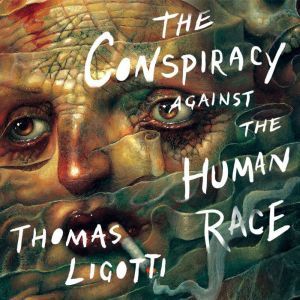

These laws boil down to being as ruthless, selfish, manipulative, and deceitful as possible. This power game can be played well or poorly, and in these 48 laws culled from the history and wisdom of the world’s greatest power players are the rules that must be followed to win. We live today as courtiers once did in royal courts: we must appear civil while attempting to crush all those around us. The authors have created a sort of anti-Book of Virtues in this encyclopedic compendium of the ways and means of power.Įveryone wants power and everyone is in a constant duplicitous game to gain more power at the expense of others, according to Greene, a screenwriter and former editor at Esquire (Elffers, a book packager, designed the volume, with its attractive marginalia).

As with Eve’s apple or the snake in the Garden of Eden, “human existence a tragedy that need not have been were it not for the intervention in our lives of a single, calamitous event: the evolution of consciousness-parent of all horrors.” In other words, we act as if we lack “the knowledge of a race of beings that is only passing through this shoddy cosmos.” Originally published in 2010, this reissue includes a new preface.įor Ligotti fans and fellow pessimists, here’s affirmation that “their only respite is in the balm of bleakness.” But why does he write this, and what is the “conspiracy” of the title? It all stems from the self-knowledge that we do our best not to acknowledge: the fact that we alone of all living creatures know that we are going to die. Life is suffering, and “human suffering will remain insoluble as long as human beings exist.” And the sooner human beings cease to exist, the better. “Existence,” writes Ligotti, “is a condition with no redeeming qualities.” He understands that most philosophers and readers will disagree with him and that his position that life has no meaning is impossible to prove, just as anyone claiming to have discovered the meaning of life is suspect. The author’s viewpoint is uncompromisingly bleak he finds seemingly kindred spirits such as Nietzsche to be a little too sunny. On the basis of this unsettling tract-which draws from philosophy, metaphysics, neuroscience, literature, and literary criticism-his horror fiction proceeds from a deep belief that existence itself is a horror show and that procreation is at best an illusion and at worst a crime against humanity.


A writer of supernatural horror stories illuminates the darkest horror of all in this nonfiction affirmation of negativity.Īn award-winning cult favorite, Ligotti ( The Spectral Link, 2014, etc.) doesn’t write horror simply to scare readers.


 0 kommentar(er)
0 kommentar(er)
